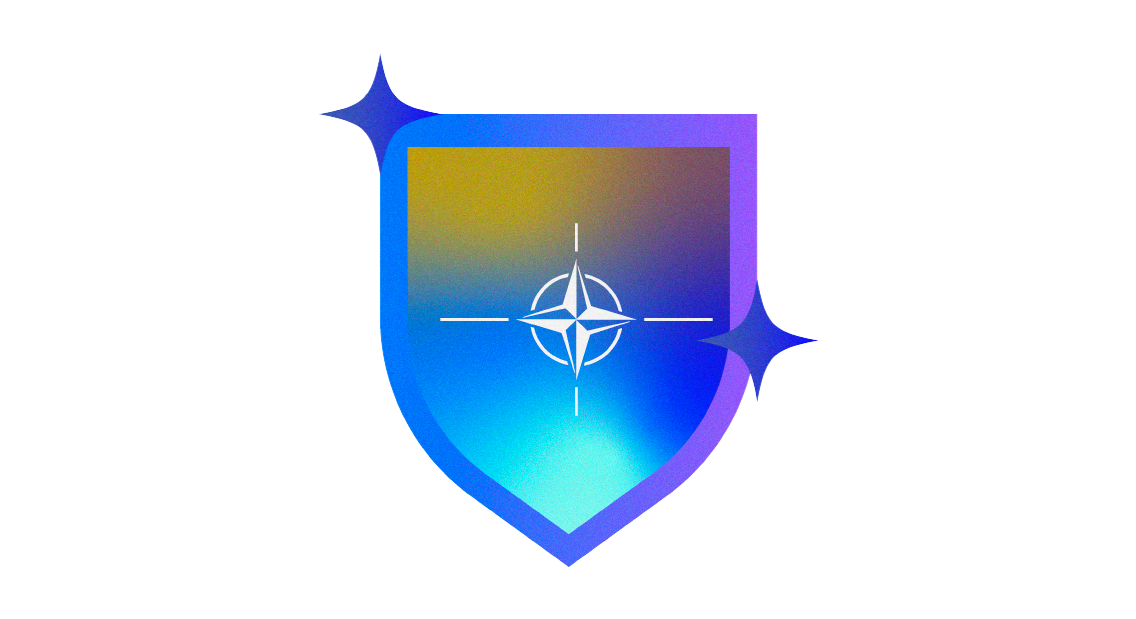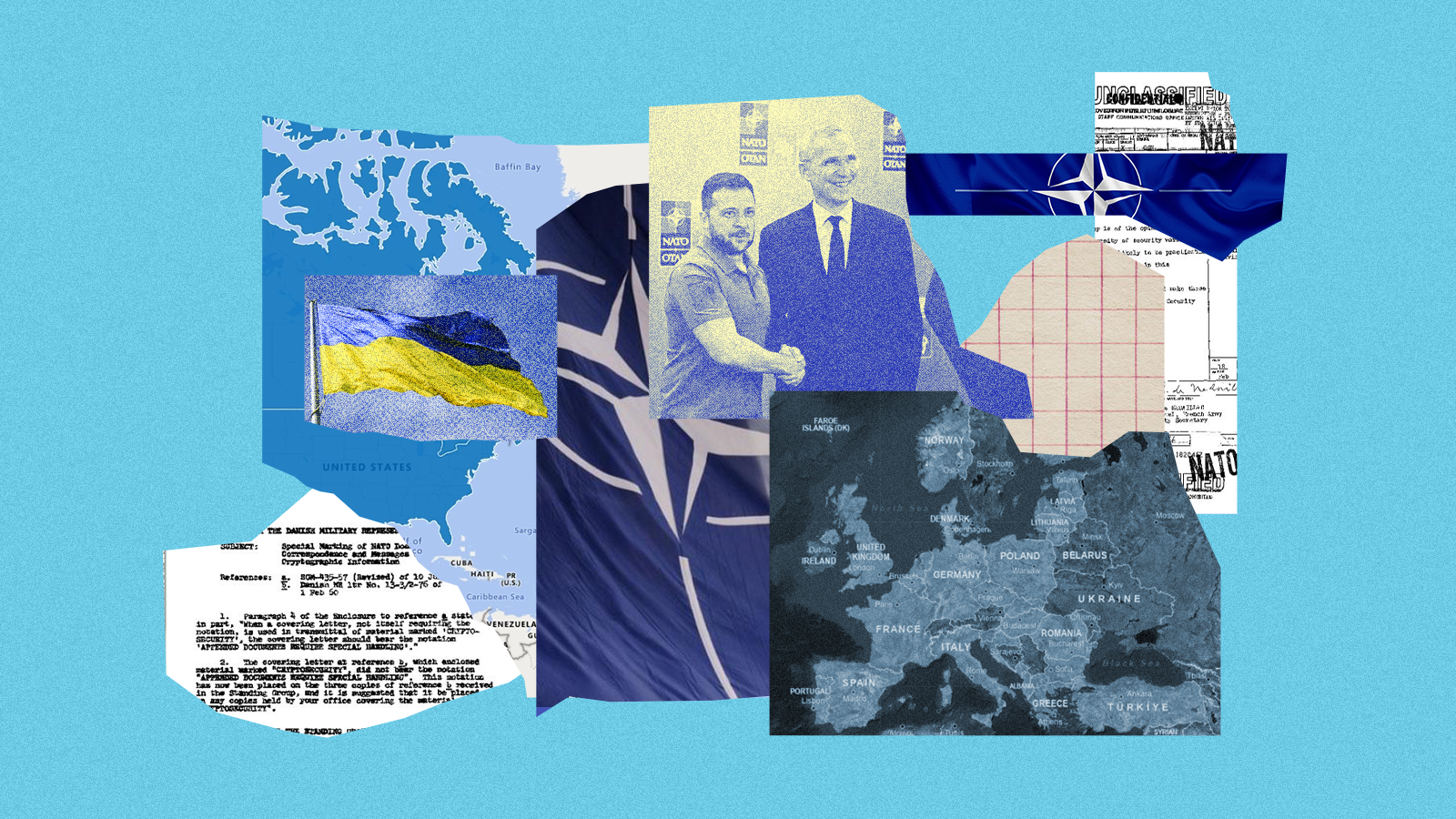A NATO summit was held in the Lithuanian capital, Vilnius, from 11 to 12 July. War-torn Ukraine was the most discussed topic of the meeting, but Swedish accession was also an essential point on the agenda, as well as possible expansion in the Far East.
The main topic of this year’s summit in Vilnius was the discussion of Ukraine’s accession to NATO. NATO membership is a long-desired goal for Kyiv, and now it is even more essential as the country has been actively at war with Russia since February last year. But the Vilnius summit ended disappointingly: Ukraine’s immediate accession is, of course, not an option because the country is at war, and that is a rule-out. Therefore, the real question is how and when Ukraine can expect the coveted membership once the war ends. Can they be guaranteed to get the membership immediately, or will they be subject to additional conditions? Ukrainian President Volodymyr Zelensky has been determined, almost desperate at the last moment, to persuade the 31 members of the military alliance to take the decisive step of inviting his country to join NATO because Ukraine believes that only NATO membership can guarantee post-war security and protection. On his way to the summit, Zelensky tweeted that „Ukraine also deserves respect” and said without mincing his words that „it is unprecedented and absurd when a time frame is not set neither for the invitation nor for Ukraine’s membership.” The Ukrainian President added that the state of uncertainty in which NATO is pushing his country motivates Russia to continue its terror as „uncertainty is weakness.”
We value our allies. We value our shared security. And we always appreciate an open conversation.
— Володимир Зеленський (@ZelenskyyUa) July 11, 2023
Ukraine will be represented at the NATO summit in Vilnius. Because it is about respect.
But Ukraine also deserves respect. Now, on the way to Vilnius, we received signals that…
But all this seems to be for nothing: the North Atlantic Alliance finally decided that, although there is no doubt that Ukraine has a place in NATO in the future, it will result from a slow process. Before accession, Ukraine must still need to implement democratic and security sector reforms. And Ukraine has not been provided with a specific timetable or conditions for its joining procedure, so the plight seems rather nebulous at the moment. American and German voices are behind the Alliance’s hesitancy: US President Joe Biden said ahead of the Vilnius summit that he believes Ukraine is not ready to join NATO and that the war must be over before the Alliance can decide on Kyiv’s membership. Biden argued that it was still too early to discuss this question but added that NATO would continue providing all the military and defense assistance Ukraine needs to win the war. The US President also stressed that membership requires many conditions, including democratization. The cautious and wait-and-see attitude is partly justified by the argument that securing Ukraine’s post-war NATO membership would certainly prompt Russia to drag the fight out to the last breath or even take other unforeseen steps. In contrast to this view, Czech President Petr Pavel, for example, said that an agreement that does not allow Ukraine to start the process of joining NATO once the war is over is „unsatisfactory.” So, regarding Ukraine, the developments of the NATO summit may feel a little stuck, especially from Kyiv’s perspective: President Zelensky is frustrated that the Vilnius summit did not bring the expected success, but at least no one doubts Ukraine’s future NATO membership. Rather the timing and precise conditions are in question.

Other crucial issues were also discussed at the Vilnius summit. Leaders of four Asia-Pacific (APAC) states were also invited to the Lithuanian capital, none of which are NATO members. This suggests that a NATO expansion in the Far East may be on the horizon due to the serious tensions around China, which NATO cannot ignore. Jens Stoltenberg, NATO Secretary General, said that „what happened in Ukraine could happen tomorrow in Asia,” referring to the mounting tension between China and Taiwan. Beijing regularly threatens the de facto independent island with fighter aircraft and warships, for instance, and considers the Taiwan issue as its own business, in which nobody else has a say. So, the summit was attended by four of the APAC region’s leaders: Australian Prime Minister Anthony Albanese, Japanese Prime Minister Fumio Kishida, New Zealand Prime Minister Chris Hipkins, and South Korean President Yoon Suk Yeol. The politicians agreed that the People’s Republic of China (PRC) threatens the region’s security and interests and said that a similar escalation as in Ukraine must be prevented in the Asia-Pacific, which requires close cooperation with the North Atlantic Alliance. China’s response came soon: Beijing has replied to the accusations by saying they use distorted rhetoric about China’s actions and position, ignore basic facts, and discredit China. NATO Secretary General Jens Stoltenberg said that „China is increasingly challenging the rules-based international order, refusing to condemn Russia’s war against Ukraine, threatening Taiwan, and carrying out a substantial military build-up.”
While China is drifting further away, Japan is moving closer to the North Atlantic Alliance. Japanese Prime Minister Fumio Kishida announced on Wednesday that his country and NATO are launching a partnership program. Under this, the island nation and the military alliance will work together on challenges such as cyber security. Regarding the strengthening of cooperation, Jens Stoltenberg said that „no other partner is closer to NATO than Japan,” adding that Asia matters to Europe just as much as Europe matters to Asia. The move has, of course, provoked further anger from Beijing, who see NATO’s expansion in the region as a major threat.
This year’s NATO summit is the first in which Finland has participated as a full member, and it seems that Sweden has also been given the green light by the other member states to join the alliance, with Turkey and Hungary lifting their vetoes on the Scandinavian country’s accession. The two Nordic countries gave up their long history of neutrality by joining NATO in the face of Russian aggression. The isolation of the already NATO member Baltic states is also being eased with the expansion into Northern Europe, and the alliance’s growing presence in the region is also an ample warning to Russia. And, to put it mildly, the Kremlin is not impressed.
Graphics by Roland Molnár

Technocraftism, an experimental accessories collection | Interview with designer Lúcia Kiss

Between’s new collection inspired by the endless ocean and the spirit of summer










